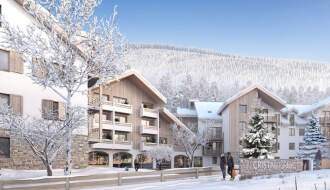If you’ve been dreaming of owning a ski chalet in Lets Gets or Chatel, one way to make your purchase is by getting a French mortgage. But how easy are they to obtain as a non-resident?
The difficulties non-residents face in getting a French mortgage
Higher mortgage costs, combined with tighter lending conditions by European banks, might be off-putting to non-residents looking to get a euro mortgage. The rapid rise in interest rates has certainly put pressure on the affordability of a French mortgage, and French lenders can be more hesitant to lend to British and other third-country nationals. However, it is possible to get a French mortgage as a non-resident if you go about in the right way.
A mortgage broker can be asset
It’s not just about the process, who you work with can have an impact. A bilingual mortgage broker can offer essential handholding through what can be quite a daunting and confusing process. Getting your application secure from the outset can be a game changer when it comes to obtaining the right French mortgage for you. The real asset of a mortgage broker comes from their ability to find the lender for you as soon as possible, allowing you to get on with hunting for the ski chalet.
In France, ORIAS authorises and gives each mortgage broker their own number.
The financial profile you need for a French mortgage
When assessing a non-resident’s eligibility for a French mortgage, banks look at net income over three years minus fixed liabilities. They are after consistency year to year. French banks are known to be particularly strict about your debt-to-income ratio, they will likely not want it to exceed 33%. You need to prove that you have two thirds of your monthly income left after all regular payment obligations. This includes credit cards, debts and existing mortgages.
If you are a business owner who takes a small salary and reinvests in your company, you may face barriers from retail French banks. French banks favour third-country nationals who are applying for high-value loans to be high-net worth individuals. This should be confirmed by an independent public tax advisor, which means having an income of above €300,000 per annum or a net assets above €3,000,000.
Moreover, high-net worth individuals will have more choice in the kind of bank they use, be it retail or private. When you obtain a mortgage from a retail bank, it is likely that you will have to take out a life insurance policy. Some will also require that you make a savings account and make a minimum deposit with them. Although, this is not always the case for private banks.
French banks look the most favourably on individuals working for public listed employees with a high salary and bonuses for the last three years. To demonstrate this, you’ll be asked to provide pay slips, tax returns and letter headed documents stating your employment.
It is worth bearing in mind that the maximum lending age with French banks is between 70-75 years old.
The impact of how you use the property
Notably, there is little difference in applying for a French mortgage in regard to whether you intend to move to your ski property full time or just use it for pleasure. The most crucial aspect for banks is getting a complete picture of your financial profile. Be that from a salary from a company based in France or elsewhere.
Having said that, if you intend to rent out the property and derive an income from it, some lenders might be keener to assist you.
Popular mortgage deals
The French market includes fixed and varied rate deals, as well as capital repayment, interest only and mixed options. Longer terms of about 15 to 25 years are often chosen.
Ultra-high net worth individuals tend to opt for ‘dry’ mortgage schemes. These come without any personal financial guarantees associated to the loan facilities, as the property is used as collateral. Furthermore, the best deals typically offer 60% loan to value for a five-year interest-only loan.

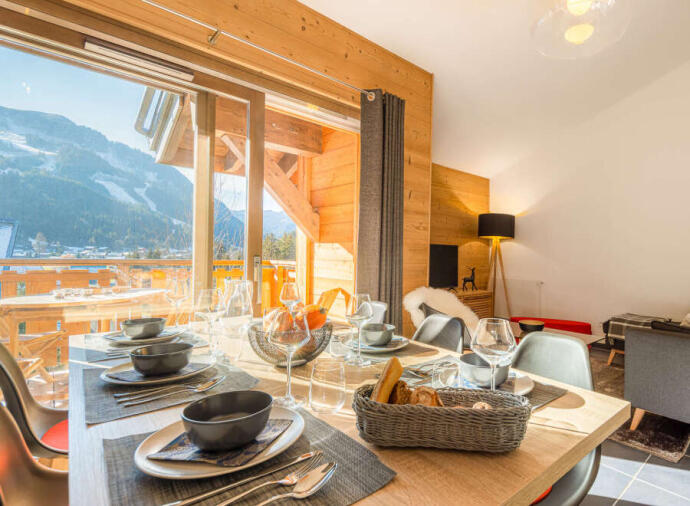
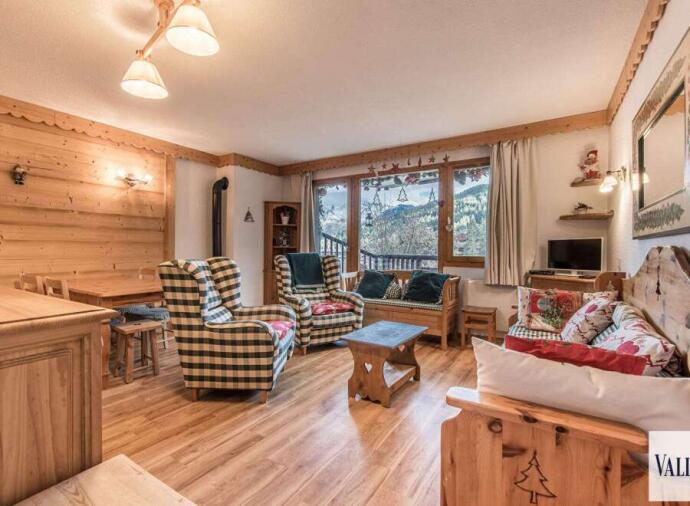
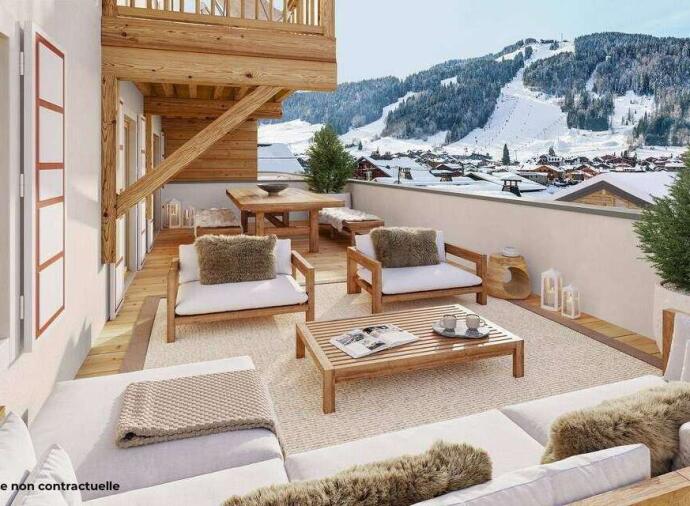
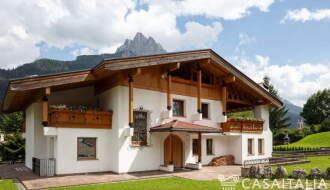
 Feb 26, 2024
Feb 26, 2024

